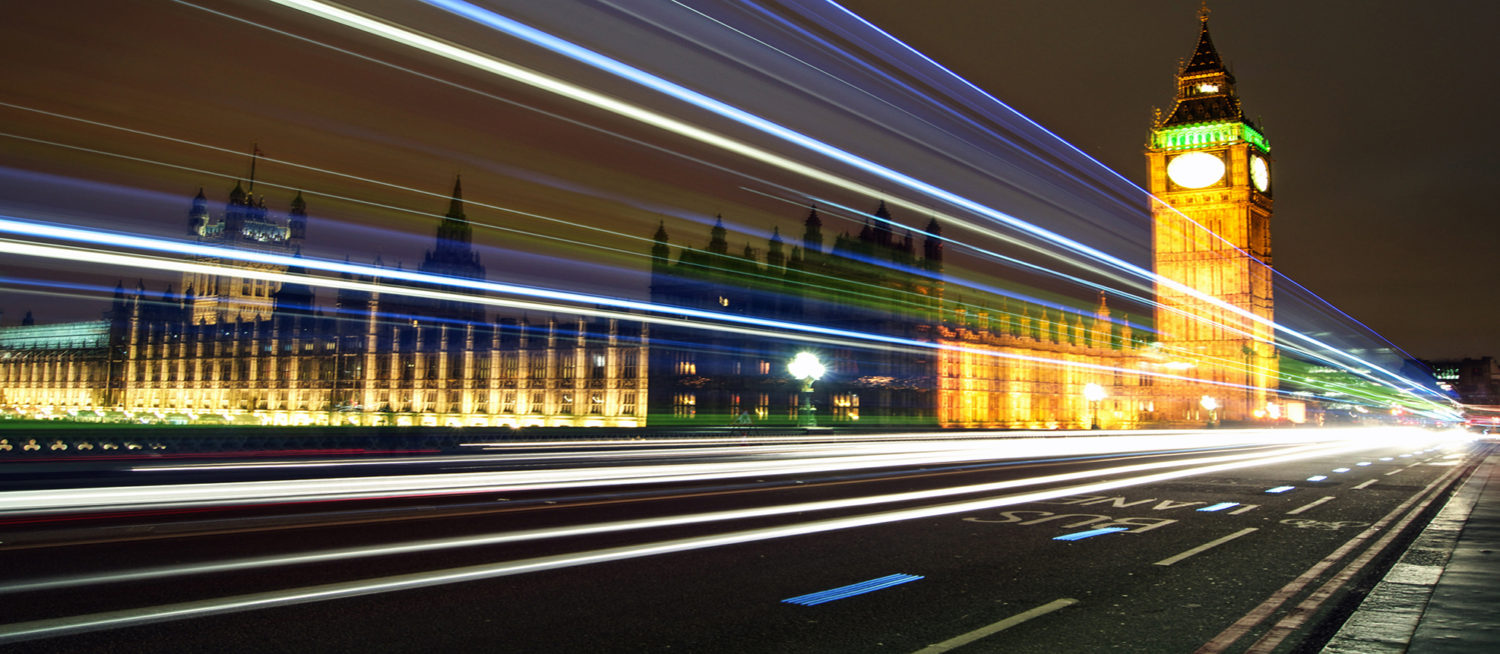Falling apart in more ways than one
Much like parliament, politics is in need of renovation, argues Lynn Henderson.
MPs and their staffers will be relieved to get away from the crumbling houses of parliament for conference season. From broken lifts to falling stonework, it’s in dire need of repair.
But politics itself needs renovating too. Recent polling shows lack of faith in politics, politicians and government has made its debut in the top ten issues for Britain.
Earlier this month Labour’s 2017 intake of MPs revealed – in the Fabian pamphlet ‘New Brooms’ – the changes needed to sweep up the cobwebs in parliament and make sure its processes work for members of all backgrounds.
Now there’s a chance for the party to look outwards to determine what a ‘politics for the many’ would look like. Because our democracy faces many threats.
Union law reflects this. Workers’ hands are tied: in July PCS members delivered the highest ‘yes’ vote and turnout in the history of the union when balloted on pay. More than 50,000 voted in support of strike action – amounting to more than 85% of all votes cast.
And yet, there will be no strike. That is because as of March last year, new measures mean that ballots must achieve at least a 50% turnout of eligible union members for strike action to be legal.
This measure counts abstentions as ‘no’ votes – a regressive, undemocratic and backwards approach to democracy.
At the same time, current laws state that only postal voting is allowed in statutory ballots. During the passage of the Trade Union Act 2016 the government agreed to a review of the use of electronic balloting in trade union ballots for industrial action. But they’ve taken no further action in relation to these recommendations.
Both are examples of how the current system is tilted in favour of those in power. Yet they are a microcosm of a wider lack of democracy in this country.
We need a democratic overhaul to level the playing field – and to end the sense of alienation and distrust that is growing by the day.
Crucially, the way we elect MPs to office must change. Millions of votes are ignored under the decrepit, one-party-takes-all first past the post system – with only those citizens fortunate enough to live in a marginal constituency paid any attention by rival parties.
Here’s a system that doesn’t encourage voting positively – but negatively: you’ve all heard the claims “your party can’t win here” or “vote X to keep out Y”.
Ultimately the system hands sweeping powers to governments that don’t command majority support. Why should a minority of the vote equal 100% of the power?
A new democratic settlement – where your vote always counts and your voice heard – is vital for the change we need in this country.
That symbol of cronyism and entitlement – the House of Lords – should also go. The fact we have an unelected legislative chamber, packed with hundreds of party donors and failed politicians, is an affront to democracy.
And more needs to be done to ensure greater diversity in politics, to decentralise power to the local level, and empower young people by extending the vote to 16 and 17 year olds.
Spreading power outside of the dusty corridors of parliament is vital for the politics we need. The old levers of power will not move in working people’s favour without all our might behind it.
As the government’s attacks on unions have shown, we need workplace democracy as much as ever. But we need to secure real political democracy too. My union and others are proud to lead the charge.

